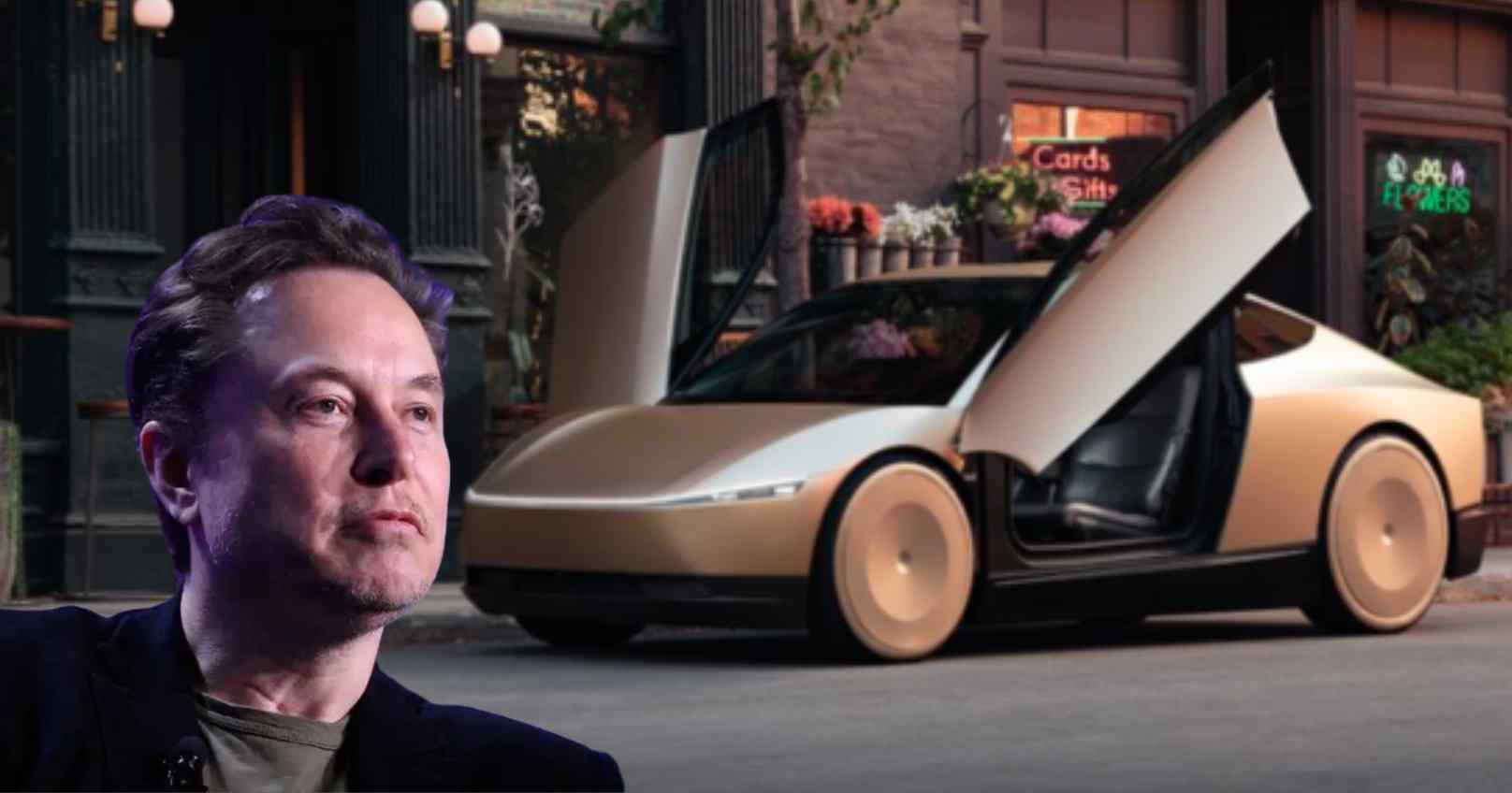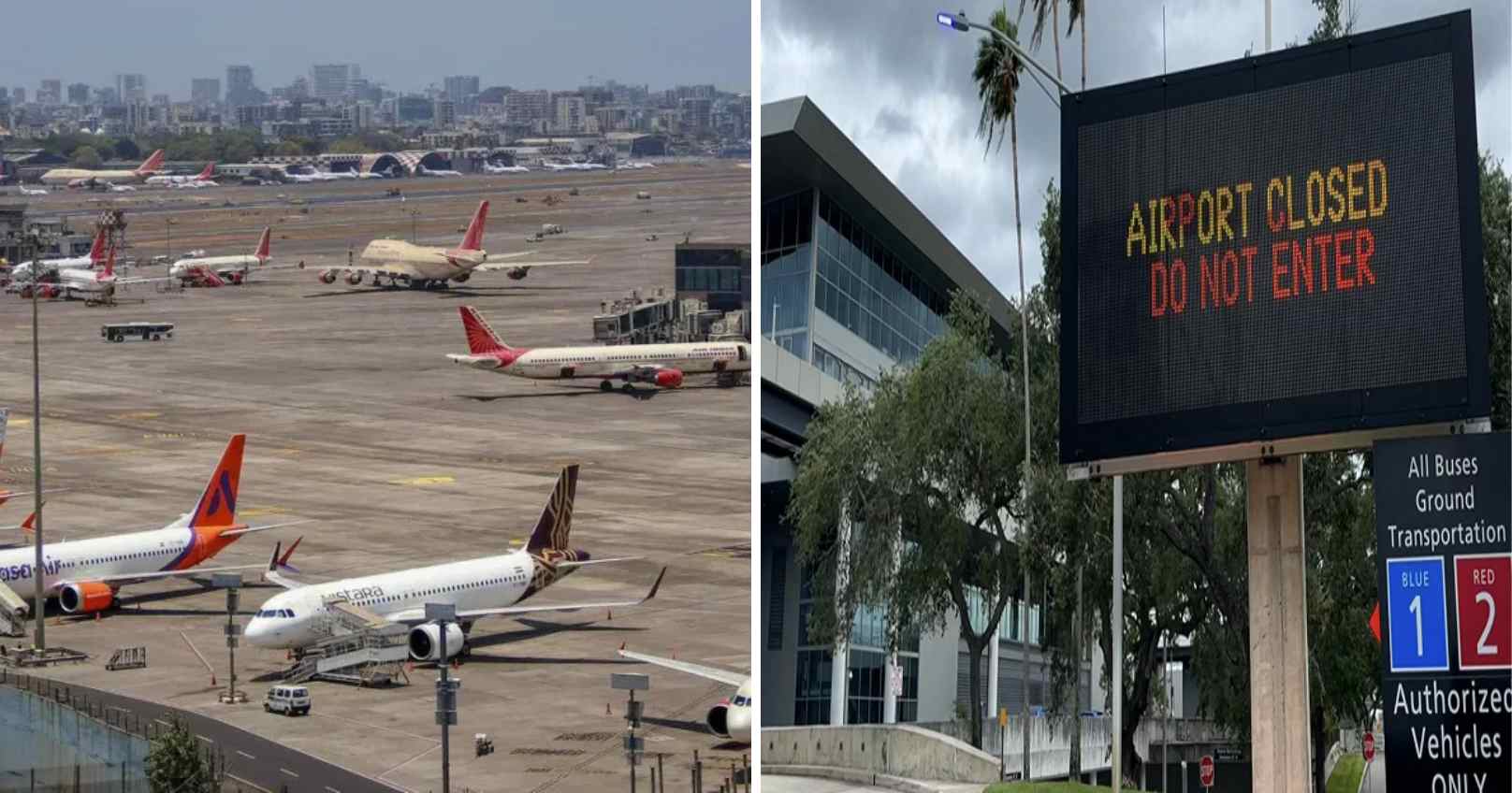Tesla CEO Elon Musk has unveiled the long-awaited robotaxi, called the Cybercab, during a high-profile event on Thursday. This autonomous vehicle, featuring two gull-wing doors and lacking a steering wheel or pedals, marks a significant step in Musk’s vision for the future of transportation. Production of the Cybercab is slated to begin in 2026, with the vehicle expected to cost under $30,000. Musk also highlighted its low operational cost of 20 cents per mile, aiming to make it an affordable, efficient option for urban commuting.
At the event titled "We, Robot," held at Warner Bros Studios in Los Angeles, Musk emphasized the underutilization of personal vehicles, noting that autonomous cars could dramatically increase their usage, multiplying their operational value by five to ten times. The Cybercab is designed to be part of a larger fleet of self-driving Tesla taxis, which users can summon via an app. Additionally, individual Tesla owners will have the opportunity to list their cars as robotaxis, earning income through the platform.
The event attracted notable attendees, including Stellantis chairperson John Elkann and Musk’s brother, Kimbal, among others. The gathering has generated significant buzz on social media, though analysts have pointed to the challenges inherent in fully autonomous technology and the potential regulatory hurdles Tesla might face.
Musk’s ambition is to position Tesla not just as an electric vehicle manufacturer but as a leader in AI and robotics. As part of this strategy, Thursday's event also hinted at updates to Tesla’s humanoid robot, Optimus, as well as potential future models of the company’s electric vehicles. However, the focus remained on how quickly Tesla can ramp up robotaxi production and turn it into a profitable business.
Tesla's Full Self-Driving (FSD) software is expected to underpin the functionality of the Cybercab, though the technology has faced criticism due to several high-profile incidents and regulatory scrutiny. While Musk had promised fully operational robotaxis by 2020, those timelines have shifted as the company works to refine its self-driving technology. Analysts and investors are eager for concrete details on how Tesla plans to navigate competition from companies like Alphabet’s Waymo and General Motors’ Cruise, which are already operating autonomous taxis in select U.S. cities.
Despite missed deadlines and concerns over Tesla’s ability to meet its ambitious goals, Musk is pushing forward with his plan to revolutionize the future of mobility with affordable, autonomous transportation. The unveiling of the Cybercab signals Tesla's commitment to this vision, although the road ahead is fraught with challenges in both technology and regulation.







